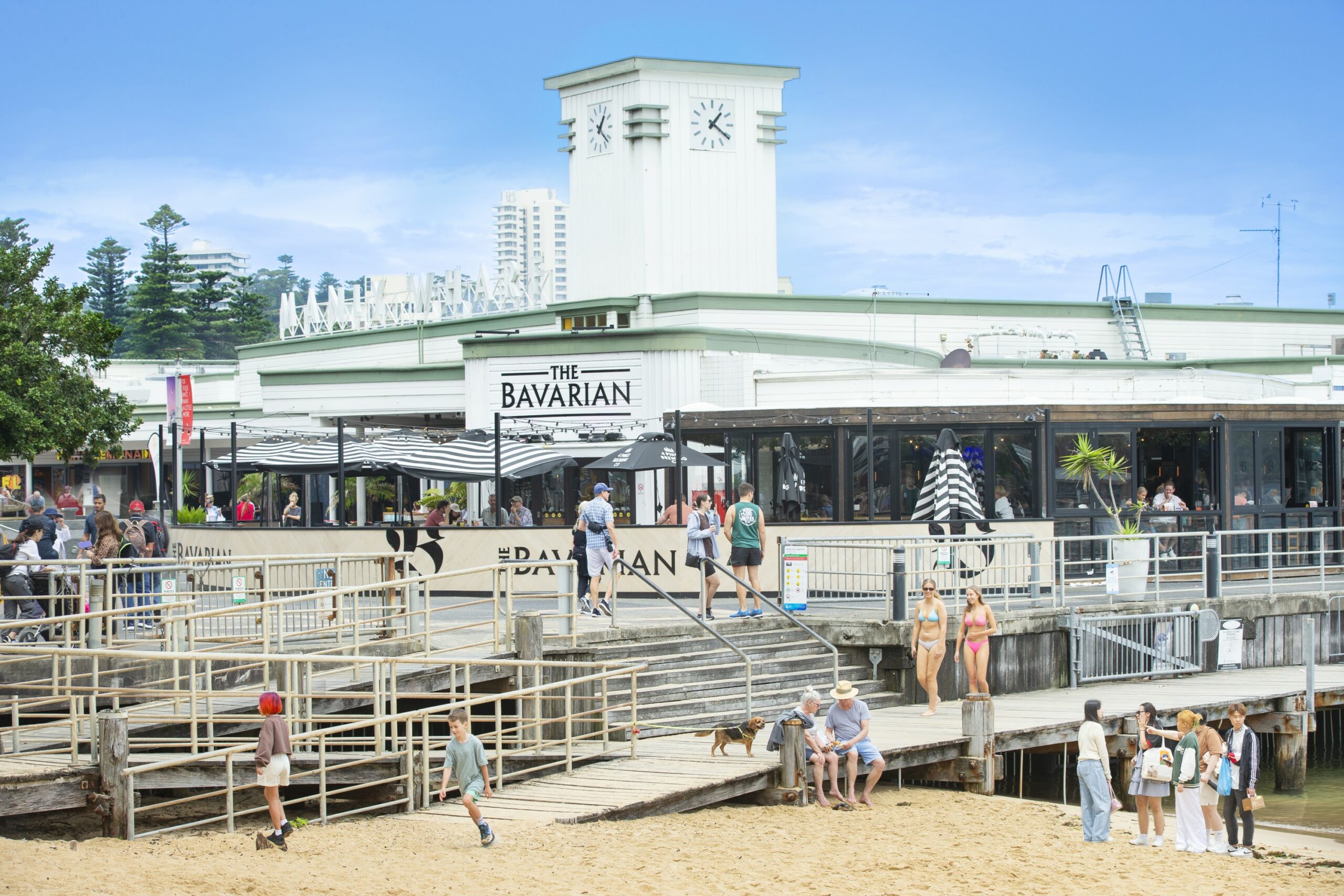
Australian retail property is beginning to resonate with capital due to an improving demographic landscape and surging underlying asset performance.
JLL’s latest Report ‘Reviving retail strategies 2024’ explores the improving fundamentals of the asset class and why retail is back on the agenda for capital.
The JLL Report identifies a growing value proposition for retail property which is resonating with maiden buyers and institutional sources of capital which have remained largely inactive for a number of years. Although syndicator activity accounted for the leading market share of transaction volumes in 2023, an influx of larger core pools of capital re-educating and looking to deploy in the sector indicates buyer profiles in 2024 may be different.
Andrew Quillfeldt, Head of Capital Markets Research at JLL said: “Shopping centre performance has continued to strengthen, which is coming through clearly in the operational metrics. Re-leasing spreads are now positive across the sector and vacancy rates are trending down. Occupancy is supported by very low levels of retailer insolvencies since 2020 and a rationalisation of retail store networks in the lead up to 2020.”
Australia’s retail sector faces record-low new supply, with the development pipeline for 2024 and 2025 representing only 21% of the 10-year average. The theme of low supply has been one of the factors driving institutional capital to re-explore retail investment opportunities.
Mr. Quillfeldt commented: “The supply-demand imbalance over the medium to long term forms part of the appeal for the retail investment case. Strong population growth and very low levels of new supply underpin the proposition. We see sales productivity being more aligned with aggregate sales growth which supports the income growth profile.”
Nick Willis, Senior Director of JLL Retail Investments – Australia and New Zealand said: “Over the prior three years, the Australian retail market has witnessed an influx of maiden investors to the larger Regional sized asset class attracted to the relative returns. A key trend over 2024/25 will be the increased participation from offshore capital looking to partner with experienced local managers to acquire assets. This is already beginning to occur and giving weight to some of the rising local managers who were previously syndicators only, however now transitioning with the growing interest in the asset class from larger capital sources.”
The retail sector, (akin to the wider property sector) underwent a repricing occurrence. From June 2023 to December 2023, book values across the majority of AREITs saw negative growth, with an average change of -1%, despite still seeing annual sales growing year-on-year.
Chamali De Alwis, Senior Analyst, Capital Markets Research at JLL stated, “Asset values have decreased 12% since peak valuations in 2018 but sales performance (MAT) has grown by 14% over the same time period reflecting a disconnect between valuations and asset performance.”
Sam Hatcher, Head of JLL Retail Investments – Australia and New Zealand said: “Supply of institutional grade assets will be the greatest challenge for investors in 2024 as the formal supply pipeline – particularly for assets over $100 million – remains ultrathin. Off-market activity is expected to remain heightened over the course of the year as investors with a soundtrack record will often be able to unlock prime opportunities prior to vendors engaging the market.”
According to JLL figures, retail was the number one sector for transaction volumes in 2023, ahead of the office and industrial sectors, for the first time in 19 years. This theme looks set to continue into 2024 with JLL settling Stockland Balgowlah for $155 million, Eastgate Bondi Junction for $126.95 million and Smithfield Central for $133 million in Q1.



